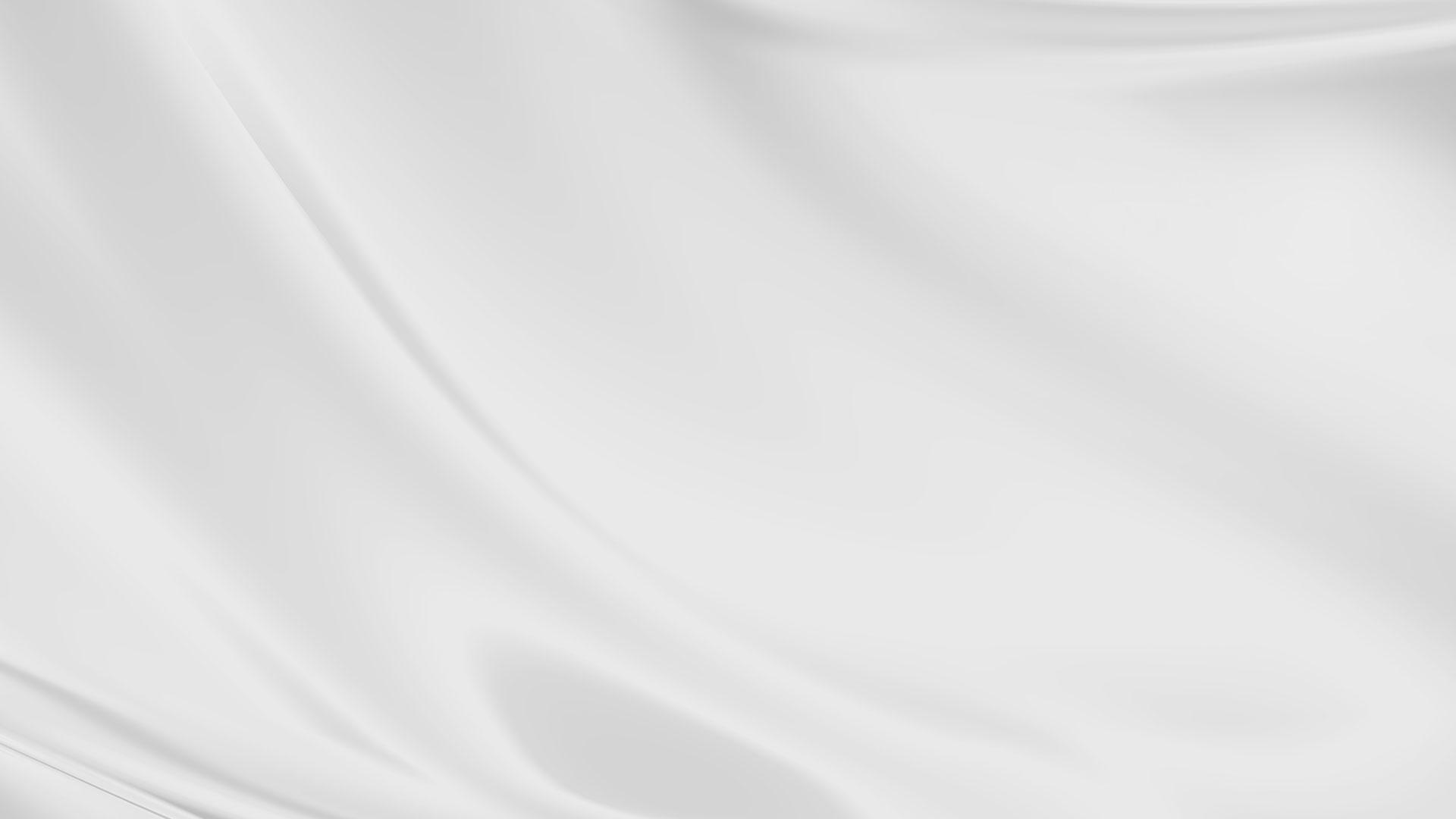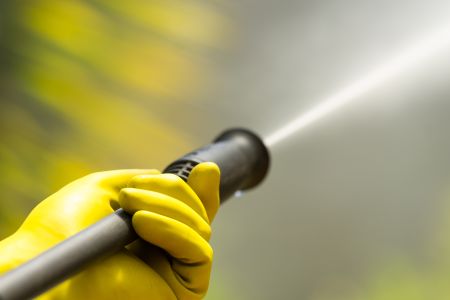
Answers to Your Questions About Chemicals Used in Pressure Washing

Pressure washing is easy enough, right? You just have to use water in a special machine. While the name seems self-explanatory, there's a lot more to pressure washing than plain water. Perhaps the most important factor, our team has to know which water pressure is ideal for each surface material around your home or business. We also use chemicals in our pressure washing machines to ensure they appropriately loosen dirt and grime.
Whenever we mention using chemicals, our customers often have questions. We want to offer full transparency with each step of the pressure washing process. We're outlining answers to three of the most common questions we get.
What Chemicals Do You Use in Pressure Washing?
We use a variety of soaps and detergents. There are many factors that go into how we decide which chemicals are right for a job. Experts consider soap to be natural because it comes from plant and animal products. Detergent, on the other hand, is artificial from chemicals.
If we use soap in our pressure washing service, we also have to have a water softening filter attached. Unfiltered tap water can leave calcium deposits behind when combined with soap. If we can use a detergent to clean your surfaces, a water softener isn't necessary. For the best results, we usually use both soaps and detergents.
Examples of pressure washing soaps and detergents include:
- Sodium Hypochlorite - Loosen dirt and grime from set-in stains and disinfects surfaces
- Ammonia - The best solution for glass surfaces and stainless steel
- Bleach - Sanitizes and disinfects by destroying mold, mildew, and algae
- Oxalic Acid - Best for removing rust buildup
- Citric Acid - Removes set-in stains from wood and concrete
- Vinegar - Gentle enough for us on windows and other surfaces that don't have set-in stains
- Sodium Hydroxide - The best solution for degreasing a variety of surfaces
- Potassium Hydroxide - A soap additive that liquifies the cleaning solution
Are Pressure Washing Chemicals Safe?
It depends. Many of our solutions are safe to use around pets, kids, and plants. Some stronger chemicals are not - but our experts know the difference. We will talk to you about the potential risks of any soaps or detergents we plan to use for your house washing or commercial building washing. The general rule is that you should allow pressure-washed areas to dry completely before kids or pets go outside again.
Can You Pressure Wash Without Chemicals?
Yes, but your pressure washing results may vary. Our soaps and detergents are crucial to loosening dirt and sanitizing surfaces. Without the help of soaps and detergents, pressure washing cannot remove all stains, mold, and grease. Your results may not last as long, either. Our soaps and detergents offer a protective layer that helps to prevent future mold and grime.
So What Should I Do When Pressure Washing My Property?
At the end of the day, a professional pressure washing company has the skills and know-how to safely care for your property - including knowing when to use (or not use) specific cleaning agents and pressure levels. Contact our pros today to schedule service and have us take the guesswork out of your exterior cleaning needs.
Call Us For Premier Pressure Washing Services in the Atlanta Metro Area!